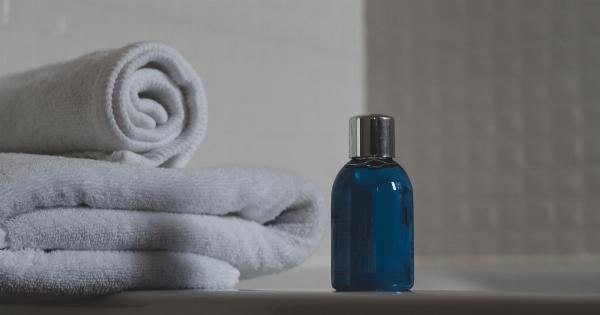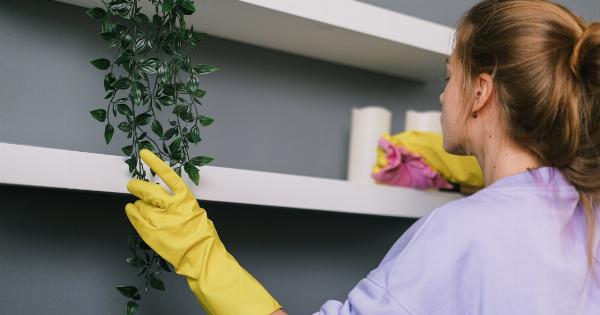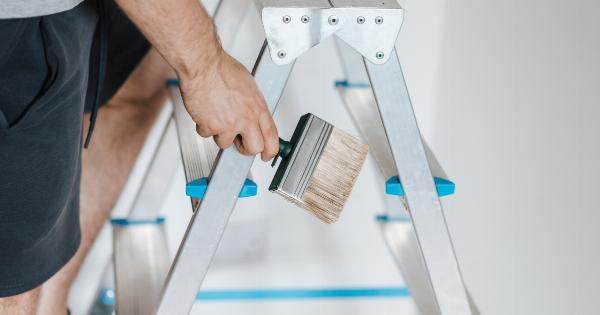When it comes to personal hygiene, there are many old wives’ tales and myths that have been passed down from generation to generation. Unfortunately, some of these falsehoods can actually do more harm than good.
Here are three common personal hygiene myths that you should ditch for a healthier you.
Myth #1: You Need to Shower Every Day
Many people believe that they need to shower every day to maintain good hygiene. While showering every day can be beneficial for some people, it’s not necessary for everyone.
In fact, over-showering can actually strip your skin of its natural oils, leading to dryness, irritation, and even infections.
So how often should you shower? It depends on your lifestyle and personal preferences. If you sweat heavily during the day, exercise regularly, or work in a dirty or dusty environment, you may need to shower more frequently.
Conversely, if you have dry or sensitive skin, or don’t engage in activities that cause you to perspire much, you may be able to get away with showering every other day or even every few days. The key is to listen to your body and adjust your bathing habits accordingly.
Myth #2: More Soap Means More Cleanliness
Many people think that using more soap will make them cleaner and more hygienic. However, this is a common misconception. In fact, using too much soap can actually harm your skin and contribute to dryness and irritation.
When you use soap, it creates a lather that helps to break down dirt and oil on your skin. However, if you use too much soap, the excess can strip away your skin’s natural oils, leaving it dry and vulnerable to damage.
Additionally, using too much soap can throw off your skin’s pH balance, leading to a range of skin problems such as acne, eczema, and psoriasis.
So how much soap should you be using? It depends on the product and your personal needs. Generally, a dime-sized amount of soap is enough to clean your entire body.
If you have particularly oily or dirty skin, you may need to use a bit more soap, but be careful not to overdo it.
Myth #3: Brushing Your Teeth Harder Means Cleaner Teeth
Many people believe that scrubbing their teeth hard with a toothbrush will make them cleaner and whiter. However, this is a dangerous myth that can actually cause damage to your teeth and gums.
Your tooth enamel is the hardest substance in your body, but it’s not invincible.
Brushing your teeth too hard or using a brush with stiff bristles can actually wear down your enamel over time, leading to a range of dental problems such as cavities, sensitivity, and gum recession.
So how should you be brushing your teeth? Use a soft-bristled brush and gentle, circular motions to clean your teeth. Don’t apply too much pressure, and be sure to brush for at least two minutes twice a day.
Conclusion
Personal hygiene is an important aspect of overall health and wellness, but it’s important to separate fact from fiction when it comes to personal hygiene practices.
Ditching these three personal hygiene falsehoods can help you maintain a healthier, happier body.






























